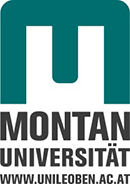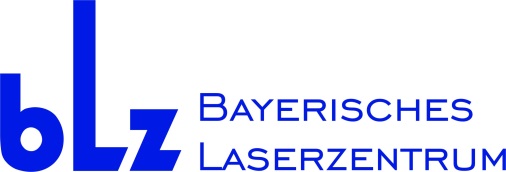Consortium
By bringing together the leading researchers and research organisations with long-term experience in the areas of thermal storage design with researchers who will introduce very new and innovative aspects of underground construction including materials, excavation methods and environmental impact, an advanced, integrated and therefore cost-efficient concept and approach of building AA-CAES caverns resistant to high temperature and high pressure will emerge.
MONTANUNIVERSITÄT LEOBEN
 Chair of Subsurface Engineering
Chair of Subsurface Engineering
Erherzog-Johann-Strasse 3, 8700 Leoben, Austria
www.subsurface.at
Role within the RICAS2020 Consortium:
Project Coordination
Industrial Liaison Department
Peter-Tunner-Straße 27, 8700 Leoben, Austria
www.ausseninstitut-leoben.at/
Role within the RICAS2020 Consortium:
Project Management
MUL represents expertise from the highest available European and international level especially in relation to underground construction technologies. MUL will be responsible for the legal, approval, institutional and financial concept of RICAS2020, as the university disposes of an existing research infrastructure located at the geographical centre of Europe which will offer synergies for RICAS 2020 (a road and rail network, existing supply lines for electricity, water and sewage). MUL will
further contribute to the dimensioning of the AA-CAES cavern by numerical simulation and will furthermore be responsible for the Project Coordination and Management.
SINTEF
Department of Polymer and Composite Materials![]()
Strindveien 4, 7465 Trondheim, Norway
www.sintef.no
SINTEF is the largest independent contract research organisation in Scandinavia and the 4th largest in Europe long term experience and expertise in all types of material processing and application. SINTEF will explore, select and qualify new and cost-efficient combinations of materials resistant to high-pressure and high-temperature.
ETH Zürich
Professorship of Renewable Energy Carriers
Rämistrasse 101, 8092 Zürich, Switzerland
www.ethz.ch
ETH as leading international university has long-term experience in research aimed at the advancement of the thermal- and chemical-engineering sciences. ETH will contribute to the optimization design of the storage unit by evaluating alternative materials for high-temperature
storage like bed of rocks, ceramic, concrete and sand.
HBI Haerter GmbH
Friedrich-Ebert-Straße 25, 89522 Heidenheim, Germany
www.hbi.eu
Role within the RICAS2020-Consortium:
HBI is an internationally leading company in specialised services focused on the design and planning of ventilation, safety, aerodynamics and climate of underground facilities. HBI will elaborate safety and security guidelines for Advanced Adiabatic Compressed Air facilities and will work out the risk management for the AA-CAES technology at stage of a design study.
BAYERISCHES LASERZENTRUM
System Technology
Konrad-Zuse-Straße 2-6, 91052 Erlangen, Germany
www.blz.org
BLZ is a R&D organization focusing on new areas of laser application through research and manufacturing process and system development in a variety of applications and industries. BLZ will plan a laser excavation laboratory as part of the RICAS2020 research infrastructure.
GE Power
 GE Power
GE Power
Zentralstrasse 40, B229
Birr 5242 Switzerland
www.ge.com
GE technology delivers 1/3 of the planet’s electricity, and each day we add enough power capacity to support 100,000 people around the world. GE will be responsible for the concept and review of the technical and engineering concepts for the research infrastructure.
ACONDICIONAMIENTO TARRASENSE ASSOCIACION (LEITAT)
Sustainability Unit
Carrer de la Innovacio 2, 08225 Terrassa, Spain![]()
www.leitat.org
LEITAT develops R&D activities in the areas of materials sciences, environment, surface treatments,
biotechnologies and renewable energies with deep knowledge and experience in technological transfers to several industrial sectors. LEITAT will assess the environmental and societal impact of a large-scale underground research infrastructure using a Life Cycle Approach.

